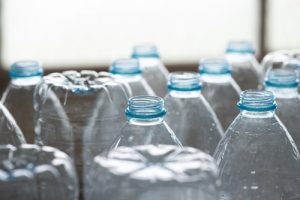 California lawmakers have revised the state’s definition of PET to exclude PETG, meaning products made from the glycol-modified plastic are barred from using resin code No. 1.
California lawmakers have revised the state’s definition of PET to exclude PETG, meaning products made from the glycol-modified plastic are barred from using resin code No. 1.

 Colin Staub was a reporter and associate editor at Resource Recycling until August 2025.
Colin Staub was a reporter and associate editor at Resource Recycling until August 2025. California lawmakers have revised the state’s definition of PET to exclude PETG, meaning products made from the glycol-modified plastic are barred from using resin code No. 1.
California lawmakers have revised the state’s definition of PET to exclude PETG, meaning products made from the glycol-modified plastic are barred from using resin code No. 1.
 A plastic packaging industry publication is criticizing the recycling industry’s shock and concern over China’s import restrictions, which the writer says are part of a measured and well-publicized effort that’s been in effect for more than a decade.
A plastic packaging industry publication is criticizing the recycling industry’s shock and concern over China’s import restrictions, which the writer says are part of a measured and well-publicized effort that’s been in effect for more than a decade.
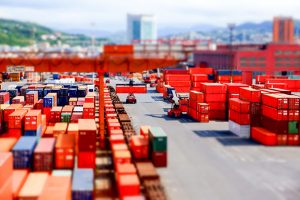 More than three months after China announced it will restrict recyclables imports, key details on logistics and timing of the new regulations remain unknown. But industry associations are piecing together some more concrete facts about the downstream and upstream ramifications of the actions.
More than three months after China announced it will restrict recyclables imports, key details on logistics and timing of the new regulations remain unknown. But industry associations are piecing together some more concrete facts about the downstream and upstream ramifications of the actions.
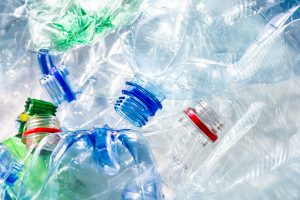 The U.S. PET bottle recycling rate dropped from 30.1 percent to 28.4 percent in 2016, a number that is emblematic of several concerning trends hitting the sector.
The U.S. PET bottle recycling rate dropped from 30.1 percent to 28.4 percent in 2016, a number that is emblematic of several concerning trends hitting the sector.

Roche Harbor on San Juan Island in Washington.
Municipal programs in the Pacific Northwest continue to feel the impacts of China’s import restrictions, and multiple local programs are halting acceptance of plastics and other materials in response.
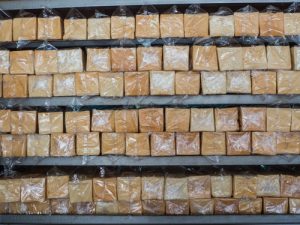 Great potential exists for increased film recovery in North America, where the residential film recovery rate sits at about 4 percent. Experts have identified key sectors that would be effective targets for coordinated investment.
Great potential exists for increased film recovery in North America, where the residential film recovery rate sits at about 4 percent. Experts have identified key sectors that would be effective targets for coordinated investment.
 The upstream impacts of China’s import restrictions have been increasingly covered in national and local press, raising the level of public consciousness about where recyclables ultimately end up and how that could all change.
The upstream impacts of China’s import restrictions have been increasingly covered in national and local press, raising the level of public consciousness about where recyclables ultimately end up and how that could all change.
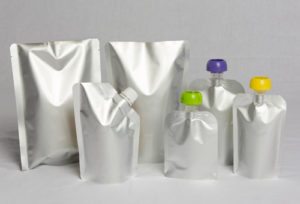 Film, expanded polystyrene and pouches are among the materials and products California officials say could be subject to mandatory packaging management rules.
Film, expanded polystyrene and pouches are among the materials and products California officials say could be subject to mandatory packaging management rules.
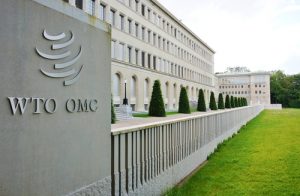 Government officials have confirmed they are monitoring China’s import policy changes and are joining industry associations in seeking clarification from Chinese authorities.
Government officials have confirmed they are monitoring China’s import policy changes and are joining industry associations in seeking clarification from Chinese authorities.
 Future funding levels for the U.S. EPA are one step closer to certainty after lawmakers in the U.S. House of Representatives approved government spending outlined in a dozen agency-specific budget bills this month.
Future funding levels for the U.S. EPA are one step closer to certainty after lawmakers in the U.S. House of Representatives approved government spending outlined in a dozen agency-specific budget bills this month.
